With World Book Day approaching, here are your 10 must-read volumes on Macao Link copied
The topic of Macao has generated a vast corpus of literature, but don’t be daunted. Start, instead, with any one of these scintillating texts.
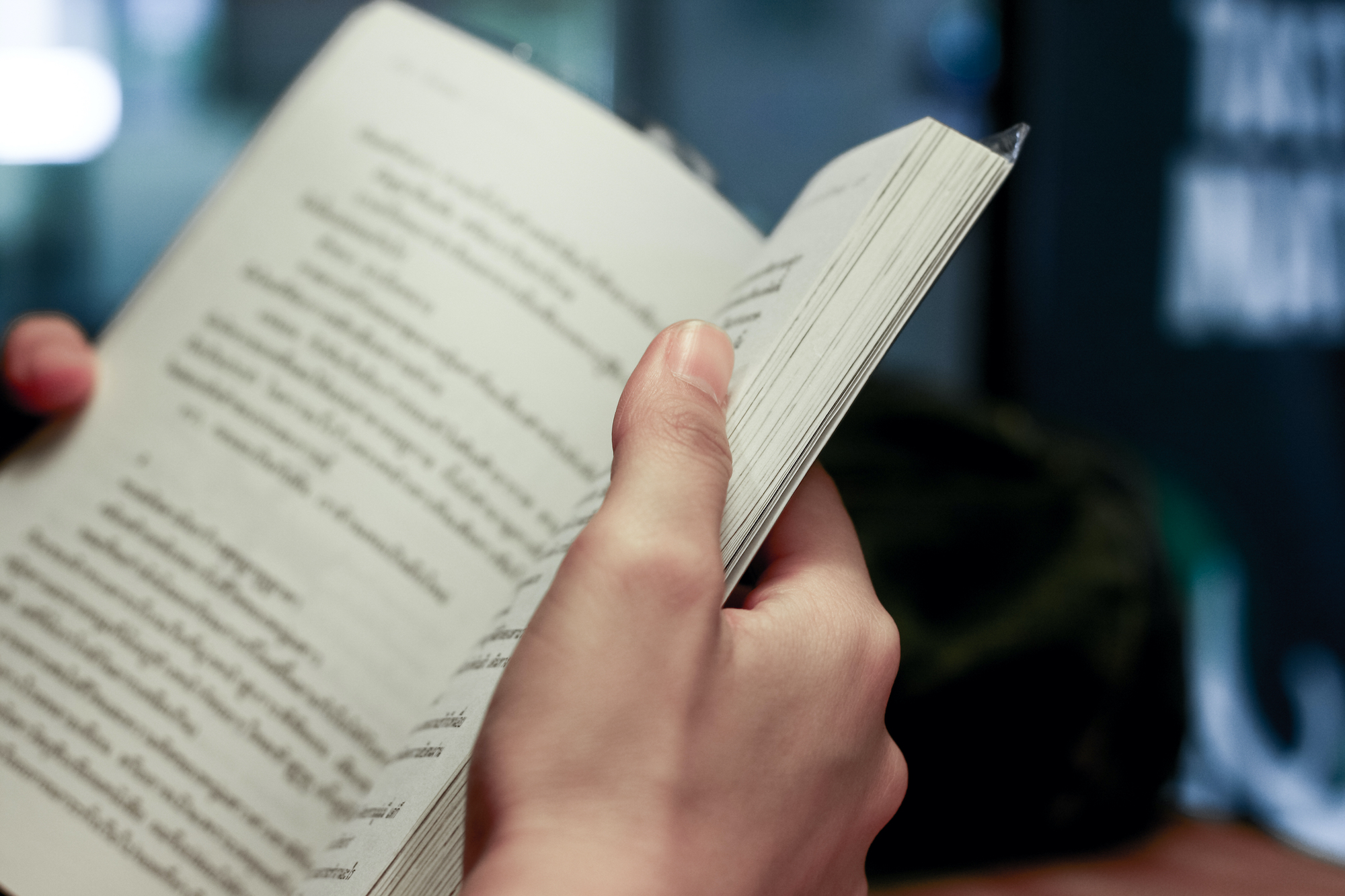
An awful lot of books have been written about Macao and understandably so. Many of its historic elements – priests, pirates, traders, opium – seem to have been shaken out of the pages of swashbuckling fiction. Its settings, from casinos to churches to cobblestone streets, get travel writers and authors very excited. The broad theme of East meeting, or clashing with, West can be endlessly parsed over in novels, academic works, memoir and poetry.
All of that makes the territory’s 33 square kilometres fertile literary ground indeed. This list of some of the best books about Macao doesn’t pretend to be definitive. But if you find yourself scanning the shelves on World Book Day (23 April), here are 10 volumes you won’t regret reaching for.
Macao: People and Places, Past and Present, Jason Wordie
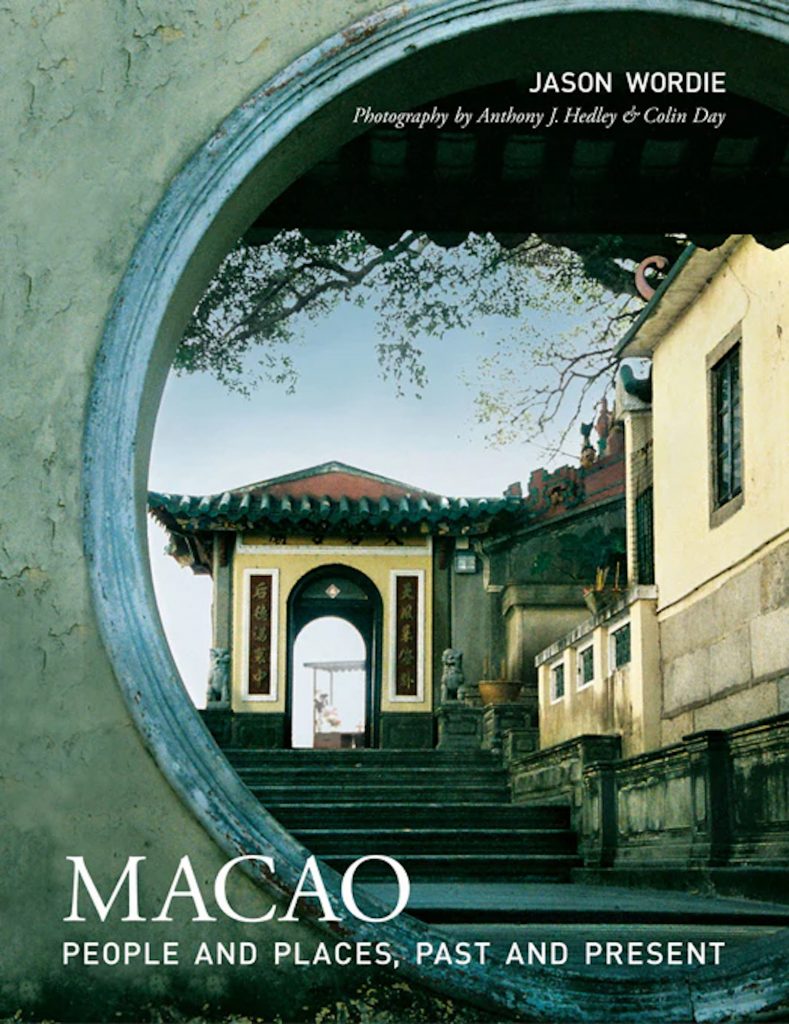
Hong Kong-based historian Jason Wordie’s magnum opus – all 447 pages of it – is made for hours of hugely enjoyable dipping rather than cover-to-cover study. First published in 2013, it is part guidebook, part history, part cultural exploration, and a hugely entertaining vehicle for the author’s scholarship, the breadth of which is surely unrivalled in the delta. If you want to know some of painter George Chinnery’s favourite Macao locations, where to buy the best imported Brazilian coffee, or why a play about Macao caused members to walk out in protest when it was staged at Hong Kong’s premier Portuguese club in 1960, this book is for you.
The Bewitching Braid, Henrique de Senna Fernandes
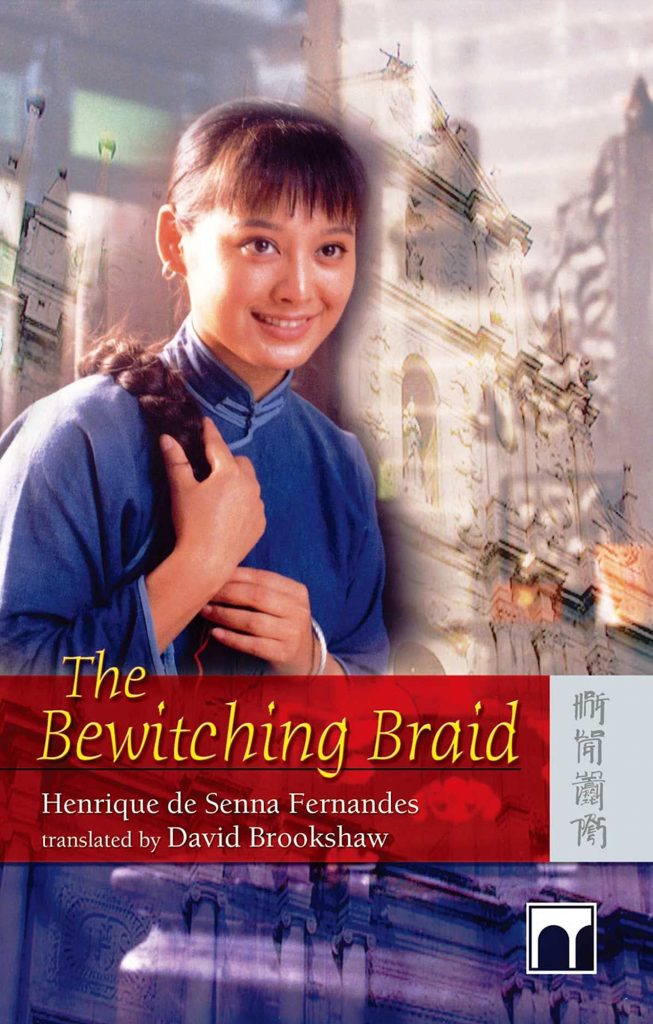
First published in 1992 by the Macanese writer and educator Henrique de Senna Fernandes, A trança feiticeira was subsequently translated into English as The Bewitching Braid and adapted for the big screen in 1996. Ostensibly a story of inter-racial love set in the 1930s, the work is also a nostalgic hymn to the author’s boyhood and a lost Macao of charming waterfront houses, sleepy backstreets and the sound of patuá drifting through the sultry air. That love should cross barriers, one character says, “shouldn’t surprise anyone. This, after all, is Macao”.
City of Broken Promises, Austin Coates
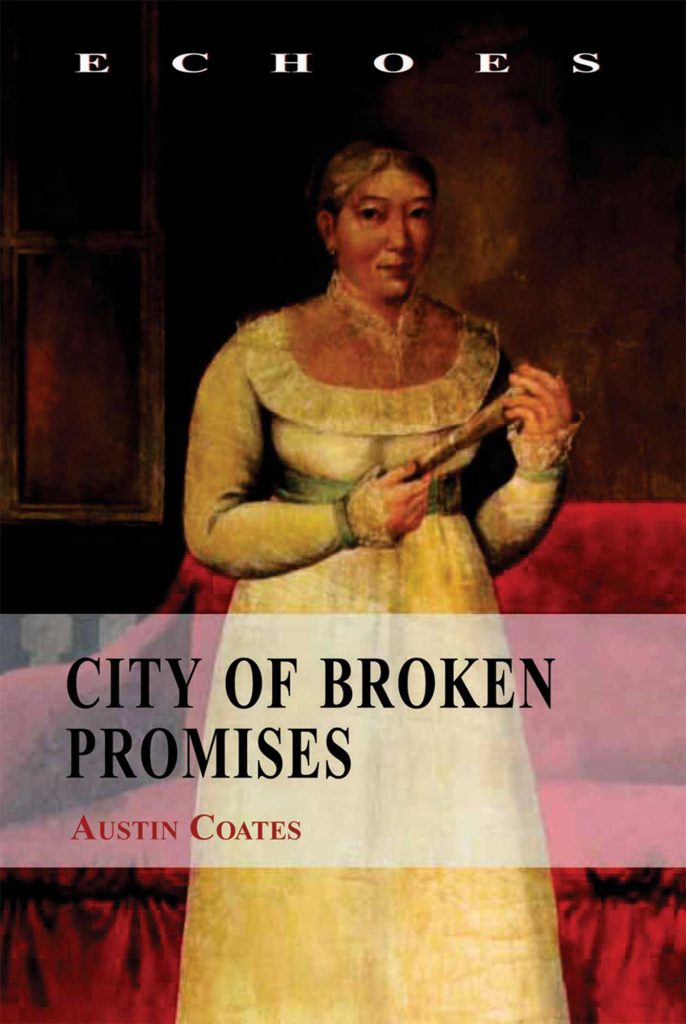
Both historical drama and bildungsroman, Coates’ celebrated 1967 novel imaginatively reconstructs the true-life 18th century relationship of an ethnically Chinese Catholic orphan in Macao, Marta da Silva, and an East India Company official, Thomas Kuyck van Mierop. Marta became a fabulously wealthy trader in her own right and her portrait, hanging in the Holy House of Mercy, is what first captured Coates’ attention. The sometime Hong Kong magistrate is a gifted storyteller and his novel an enduring classic.
Lights and Shadows of a Macao Life, Harriett Low
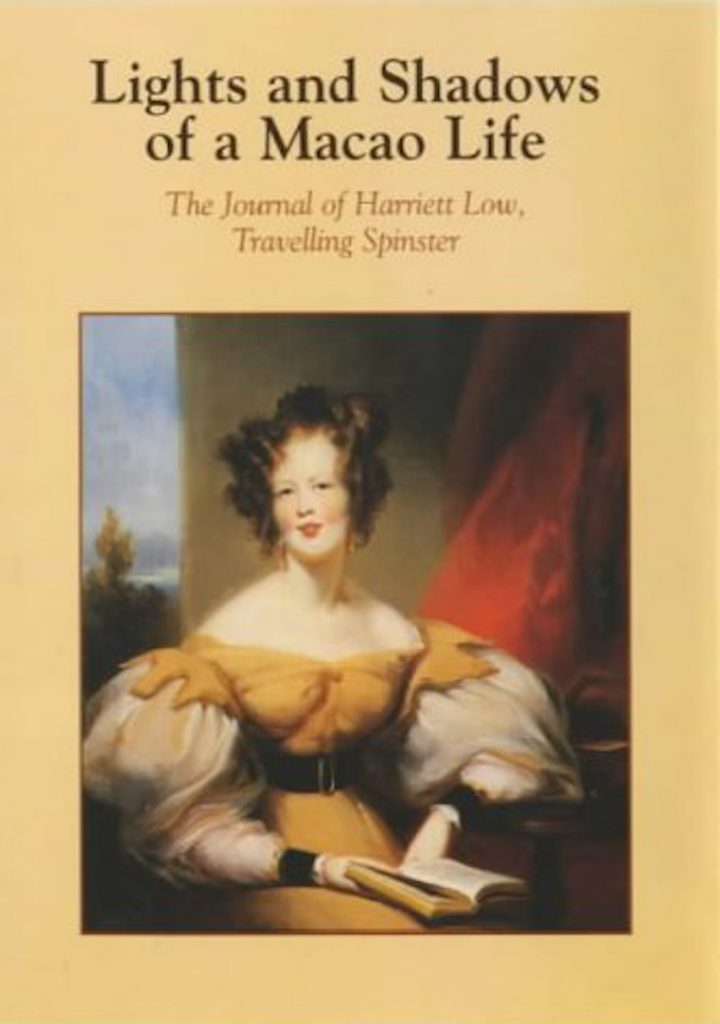
Harriett Low, scion of a well-to-do Massachusetts family, and her aunt became the first American women to live in China, when they came to Macao with Low’s trader uncle in 1829. From her arrival aged just 20, until 1834, Low kept a detailed journal filled – as you might expect from the only unmarried foreign female in town at the time – with descriptions of “fancy balls, dances, teas and dinners”. The claustrophobia of the small merchant community, Chinese customs, religion and romance are also covered in her diary, which traces her arc from fresh-off-the-boat ingénue to thoughtful observer of the local scene.
Macau: History and Society, Hao Zhidong
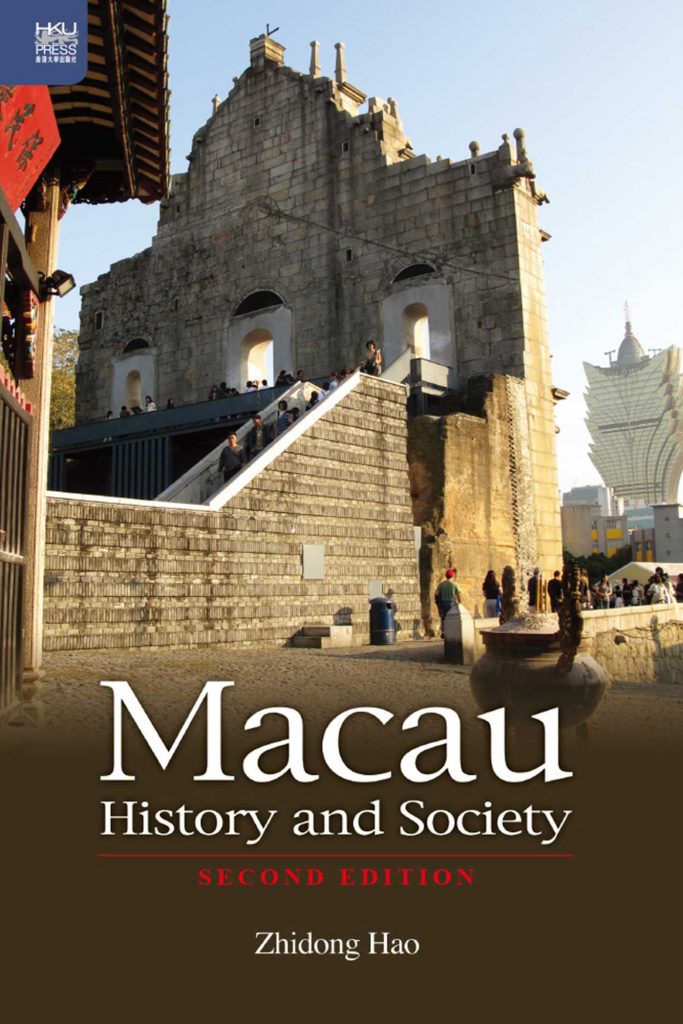
First published in 2011, this groundbreaking volume tells the story of Macao from the Chinese perspective – unusually for a historical work in English. An emeritus professor at the University of Macau, Hao Zhidong also eschewed the trope of Macao as a meeting place of East and West in favour of a more nuanced interpretation. In chapters on politics, culture, religion and society, he advances thought provoking arguments for an identity that he calls “Macauan”.
Falstaff in Macau, Bradley Winterton
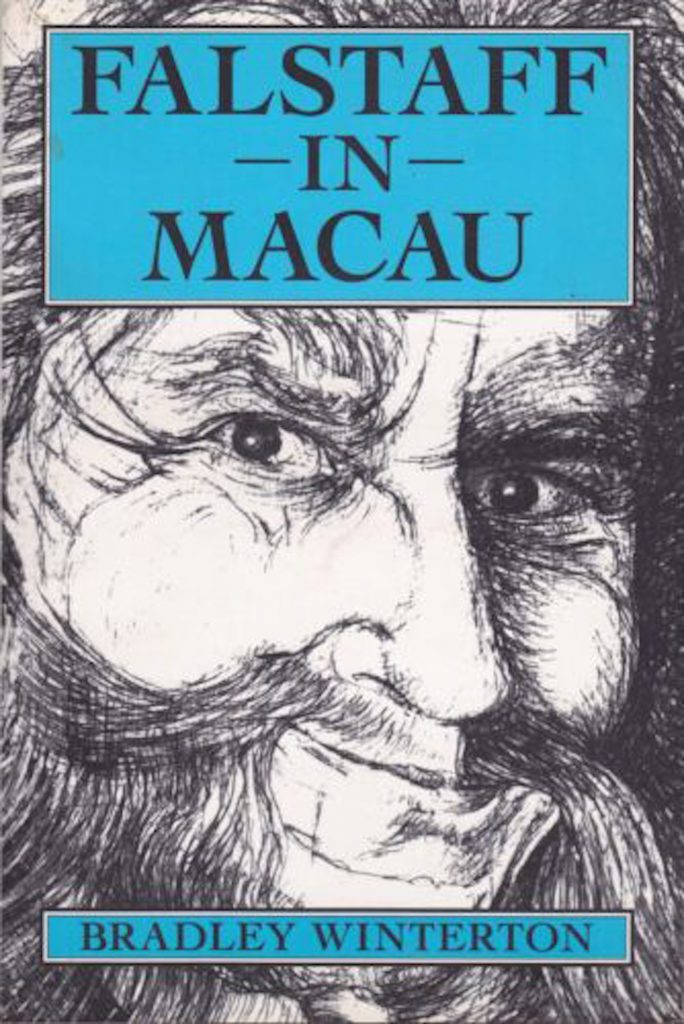
In 1995, British arts and travel writer Bradley Winteron published this book-length account of the staging of Verdi’s Falstaff at the Eighth Macau International Music Festival a year earlier. The result is far less ephemeral than you might suppose. There are few such granular depictions of the staging of an opera, and Winterton’s knowledge and love of Verdi are abundantly evident, but the true subject of this charming period piece (for so the book has become) is Macao itself – a city, Winterton says, that “by rights should have an opera every night of the year”.
Macao: Mysterious Decay and Romance
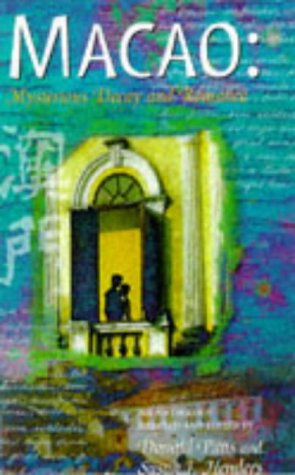
If you only read one book about Macao, make it this delicious anthology, first published in 1997 and dedicated to the memory of Macao habitué Austin Coates. Editors Donald Pittis and Susan J. Henders have trawled the libraries to compile more than 70 pieces of writing on the territory – from poetry by W. H. Auden and Camilo Pessanha, to memoir, travelogue, gossipy history and more by journalists, naturalists, 19th century sojourners and even James Bond creator Ian Fleming. The essential Macao omnibus.
A Outra Metade do Céu, Ivo Carneiro de Sousa
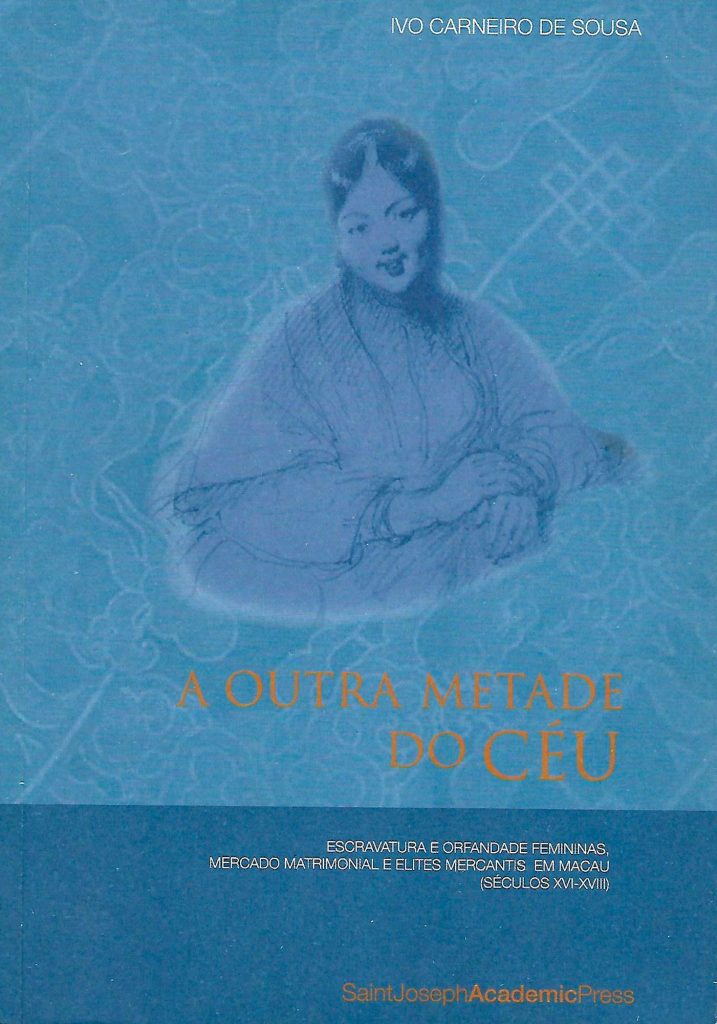
Female trafficking, a dark and neglected aspect of Macao’s history, is the topic of this magisterial 2011 study (in Portuguese only) by Macao Polytechnic University historian Ivo Carneiro de Sousa. Its full title, translated into English, is The Other Half of Heaven: Female Slavery and Orphanhood, Marriage Market and Mercantile Elites in Macau (16th-18th centuries), and the work draws on archives, testaments, chronicles, travel literature and secondary materials to shine a welcome light on the hitherto unseen lives of what de Sousa calls “the feminine majority of the population: slaves, concubines, and domestic helpers”.
Historic Macao, C. A. Montalto Jesus
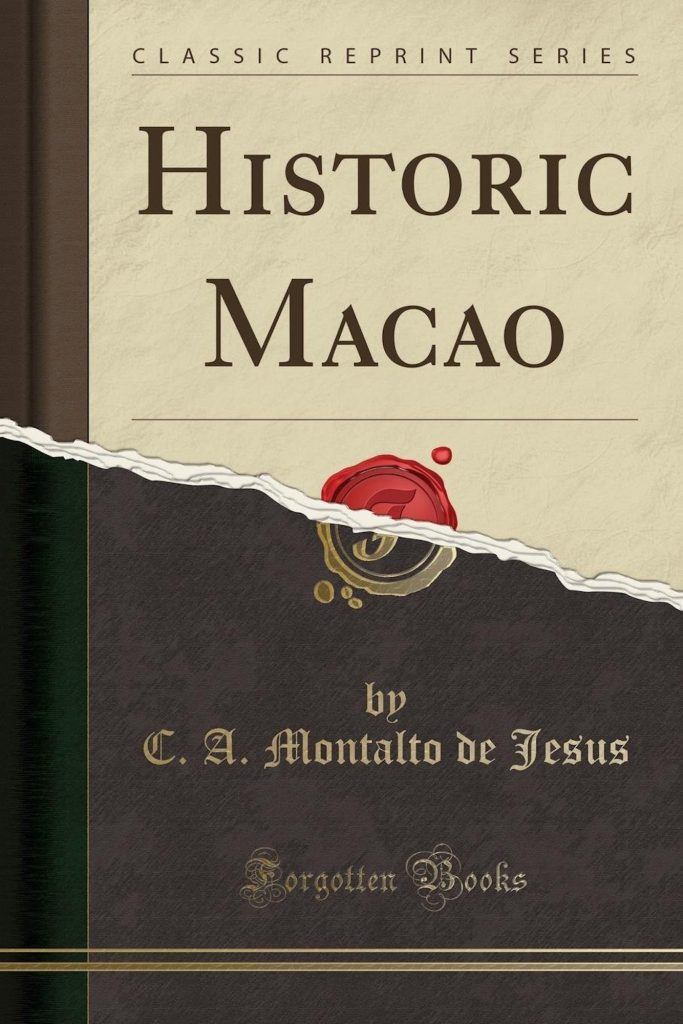
The litigious C. A. Montalto Jesus was a Macanese historian and the author, in 1902 of one of the first in-depth histories of foreign settlement in the city. He argued that Macao had been made by successive waves of migrants that included not only the Portuguese and the peoples of the Portuguese empire, but also Southeast Asians and Chinese from Guangdong and Fujian. In 1929, the second edition of the book was destroyed by the authorities for its criticism of colonial rule. An impoverished Montalto fled to Hong Kong and, he wrote, “found it necessary to intern myself at the Asylum of the Little Sisters in Kowloon and was sheltered by charity among Chinese old men… Some who knew me were shocked find the historian of Macao herded with poor decrepit coolies”.
The Lone Flag, John Pownall Reeves
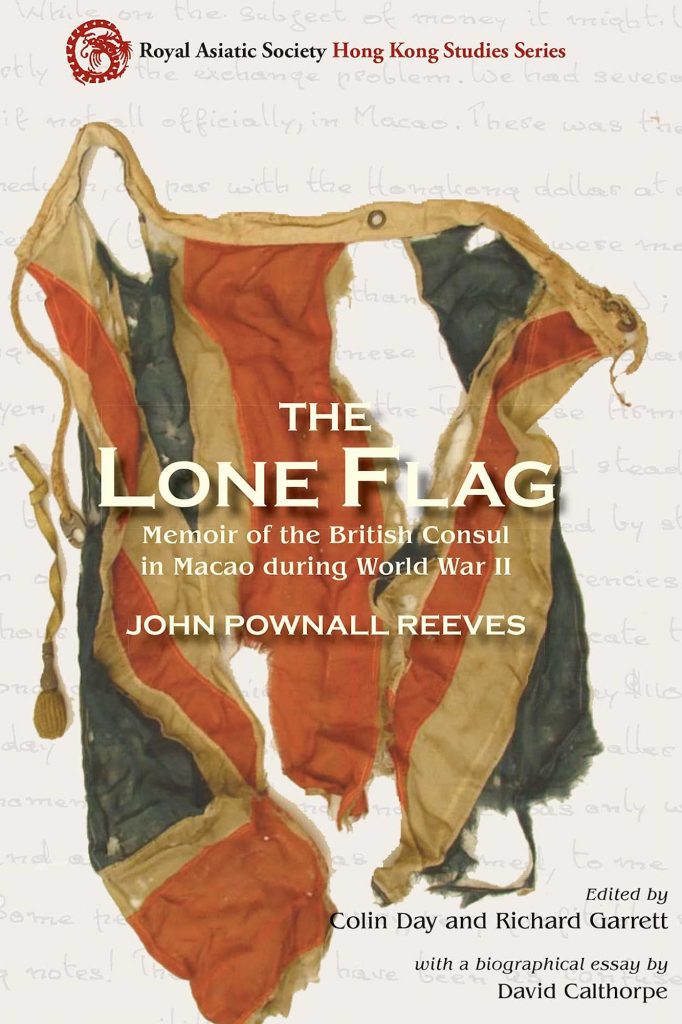
In 1942, with the fall of Singapore and Hong Kong, the neutral enclave of Macao was home to the only British presence between India and Australia – hence the title of this fascinating wartime memoir by the then British consul, first published in 2014. John Pownall Reeve perfectly captures the intrigue and menace of wartime Macao as well as his extraordinary efforts to provide food and other assistance to refugees. Immensely readable.